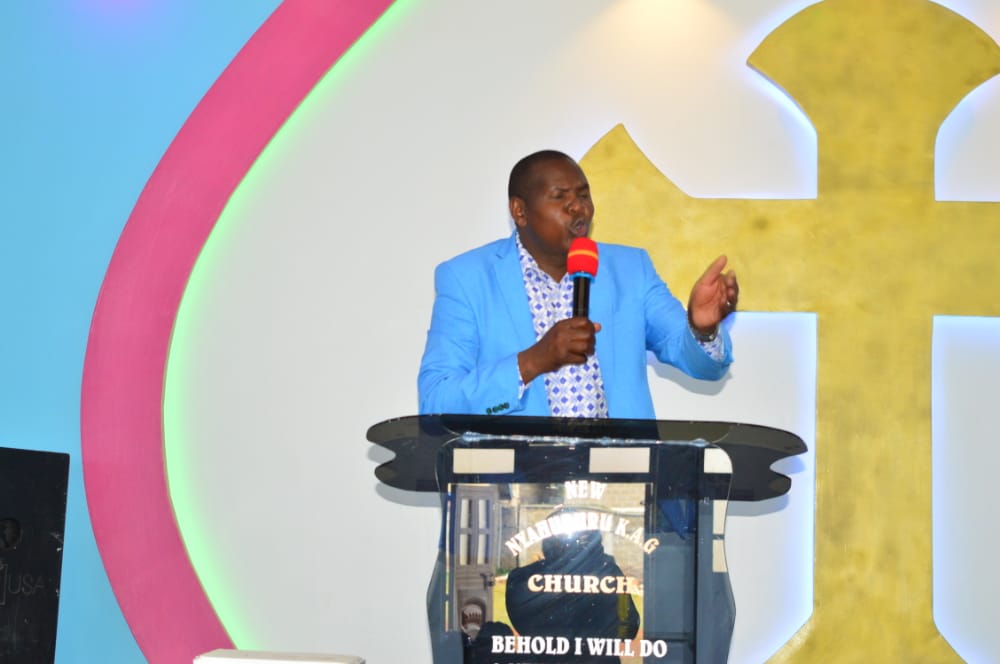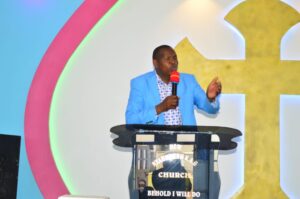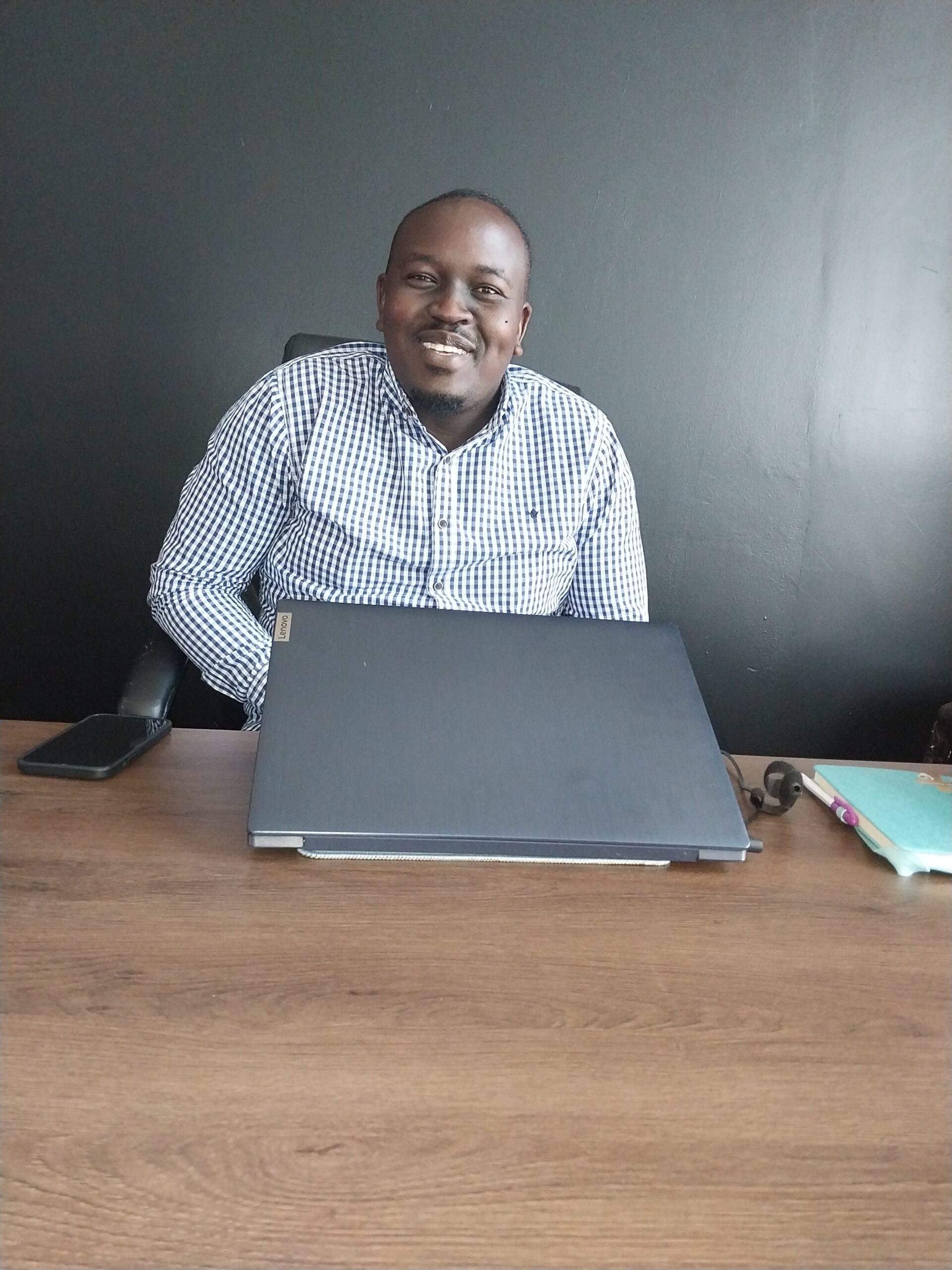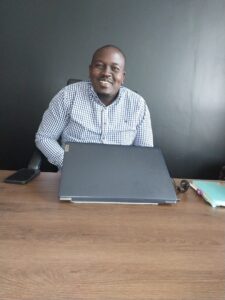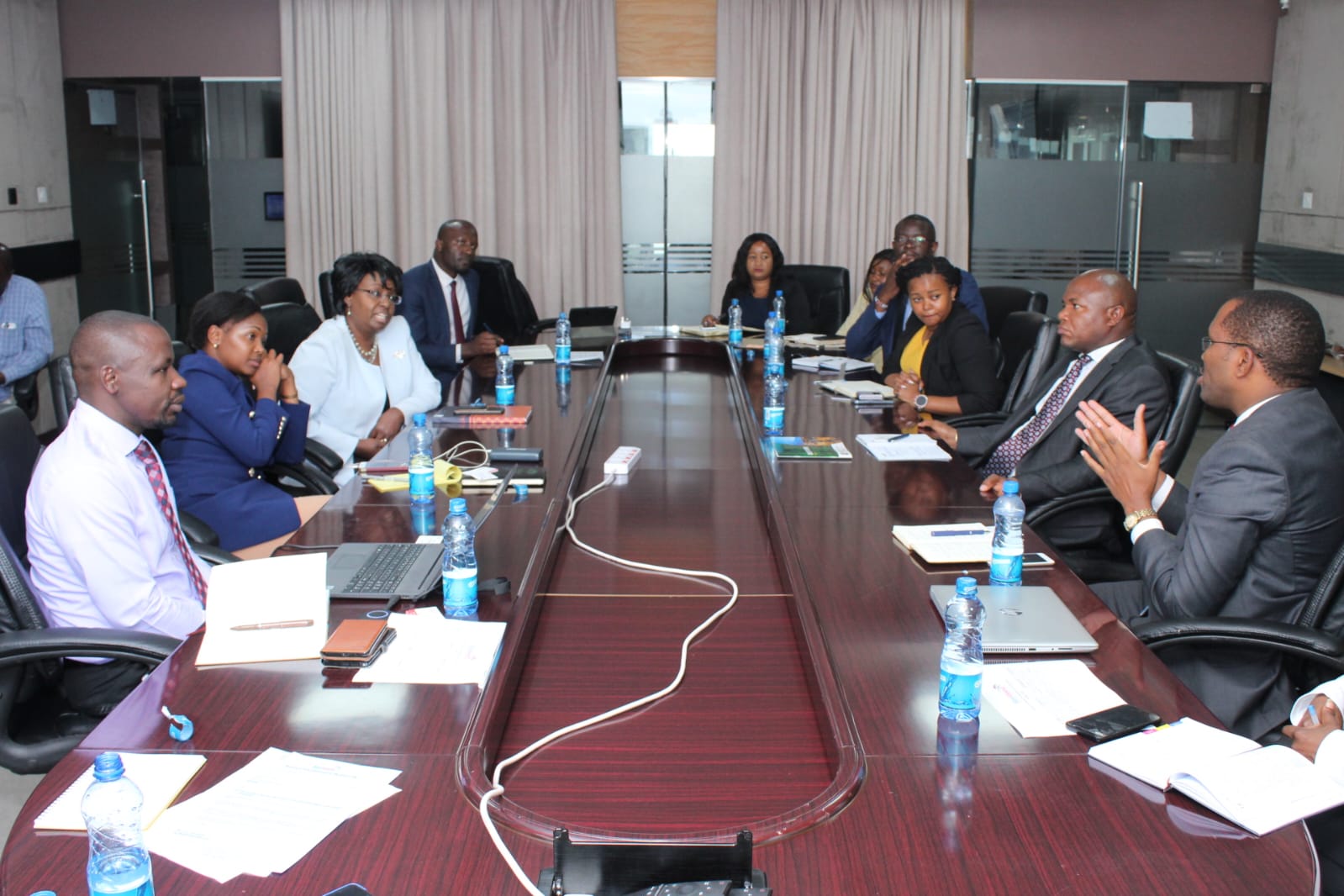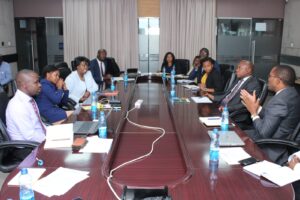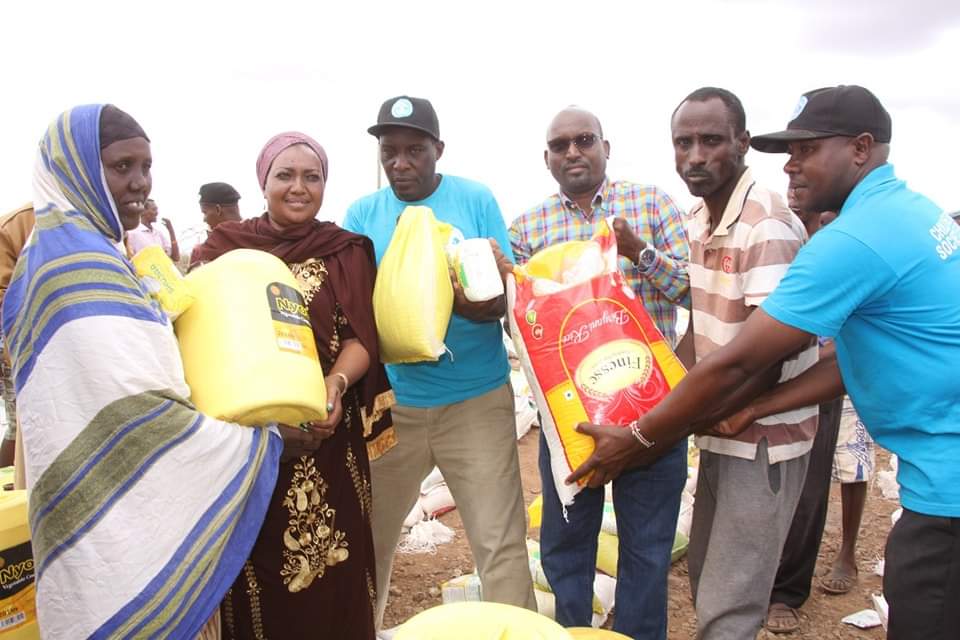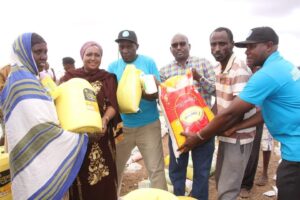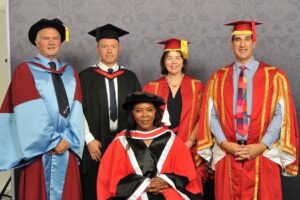
Vilifying fossil fuels seems to come easily to many people these days. That includes UN Secretary General António Guterres, who recently associated them with war, pollution, and climate catastrophe.
The only true path toward peace in the 21st century, he said, is an accelerated renewables-based energy transition, and African gas exploration be damned in the process. In fact, he claimed that exploring for gas and oil anywhere in the world is “delusional.”
That’s pretty strong language from a man whose native Portugal produces 4.34 metric tons of CO2 emissions per capita more than twice that of Brazil, which has 20 times more people, and more than five times the per capita total of the entire continent of Africa.
Don’t get me wrong: the African Energy Chamber absolutely supports renewables. To meet the climate targets set out in the Paris agreement Africa must radically change its energy landscape, and that means increasing our renewables capacity.
But when Guterres and others call for an immediate or even rapid energy transition, they are forgetting that a one-size-fits-all solution isn’t possible. As we point out in our recently released report, “The State of African Energy: 2023 Outlook,” many factors determine the pace of energy transition in each individual country: its current dependence on fossil fuels, its existing industrial productivity, its future technology choices, the depth and diversity of its domestic supply chains and, of course, its current renewables generation capacity.
In that regard, Africa is a small fish in a big pond. Asia, Europe, and the United States all have considerably more investment in renewables than we do, whether we’re talking about solar PV or onshore wind power. In fact, as our 2023 Outlook notes, Asia, Europe, and the United States are the top three producers of solar and wind power, with about 90% of total overall volumes. By contrast, Africa’s volumes are a mere 1% – 2% of the total.
Does that mean we have a long way to go? It does, and parity with Asia, Europe, or the U.S. isn’t something anyone can reasonably expect. Their head start is just too significant and asking us to catch up anytime soon is, dare we say, delusional.
But it’s not impossible for Africa to build on its modest achievements. In fact, while our capacity to produce renewables is currently in the moderate range, our 2023 Outlook expects it to expand, spread across the continent, and also venture into hydrogen. Projections are that by the end of the decade, Africa’s renewables capacity will be 150GW. That’s five times what it is right now — which looks like progress by any measure.
Where We Are Now
To understand where we’re headed and how we’ll get there we have to recognize where we are. The 2023 Outlook forecasts that by year-end 2022, Africa’s solar PV capacity should be about 12.6GW (or 2% of global volume. Onshore wind capacity will be at 10GW (1% of global volume), and hydrogen at sub-0.5GW (<0.5% of global volume).
Next year, though, the numbers start looking considerably rosier. Total capacity is expected to increase to 80GW in 2023, with solar PV and onshore wind projects mainly in Egypt, South Africa, Morocco, Algeria, and Ethiopia driving 80% of the total. Solar PV and onshore wind capacities are expected to gradually increase going into the next decade and considerable hydrogen capacity is expected to kick off by 2025 2026 with projects in South Africa, Egypt, Mauritania, Morocco, and Namibia.
Of course, when you’re starting at 1% or 2%, even a five-time growth in renewables capacity is a small contribution to the world’s total in real numbers, especially when everyone else’s portion is growing, too. Some might even say it’s insignificant. However, any type of growth reflects Africa’s willingness to do the heavy lifting, to adopt “modern” forms of energy even though oil revenues fund many national budgets and access to reliable electricity is shrinking rather than increasing. It also indicates confidence in the continent’s ability to attract investment to its renewables sector. That’s an area that has faced a number of challenges in recent years.
Investments Have Fallen Short
Among the factors that have historically constrained the African renewables energy segment is the absence of robust regulatory and legal frameworks; without them, investment in renewables has been more expensive than it could be. But not all of the problems are internal: although public financing for hydrocarbon projects outpaces that for clean energy by four to one, Africa has received only 2% of global public renewable energy investments in the last two decades. (And the world wonders why we’re behind.)
China, which has long backed traditional energy infrastructure but is moving to finance clean and renewable energy technologies, is likely to increase its presence in the market, especially as it seeks new solar projects, an area where they lead the world. Between 2008 and 2020, 20% of Chinese policy bank energy financing went to Africa, in the form of loans for fossil fuels (coal, oil, and natural gas) and to a much more limited extent renewables like hydropower, geothermal, solar, and wind projects.
As for the European Union, in 2020 the EU allocated only €82 million for renewables projects in Africa through the European Fund for Sustainable Development (EFSD).
European investment is expected to grow even more now but not necessarily where we might have seen it even a year ago: Despite clamoring for a global carbon-neutral energy future, the EU may be targeting African natural gas as it seeks new solutions to meet its energy demands in light of the war in Ukraine. Yes, natural gas is a fossil fuel, but the EU has rightfully cloaked it in green: earlier this year, the EU decreed that natural gas is a clean transitional fuel and investments in it are to be considered equivalent to investments in solar, wind energy, and the like.
That can easily be read as a sign that they view African gas as sustainable, at least for the sake of their collective conscience. The EU is also looking to Africa as a source of hydrogen, which the EU needs if it is to decarbonize its industrial base. Europe lacks the space and sunshine to produce enough green hydrogen from renewable energy, but Africa has both of those elements in abundance.
What We Need Now
The course of the African energy transition received a major boost from The World Bank earlier this month when the group approved South Africa’s request for a $497 million project to decommission and repurpose the Komati coal-fired power plant using renewables and batteries. World Bank said this is a demonstration project that can serve as a reference on how to transition fossil-fuel assets for future projects in South Africa and around the world.
A portion of project financing will be devoted to creating economic opportunities for local communities, which is expected to benefit approximately 15,000 people.
There’s no understating how meaningful this is still, public financing isn’t the only answer to increasing renewables capacity in Africa. It might not even be the best answer.
As the Atlantic Council said, Africa possesses an abundance of opportunities to tap into renewable energy, a dynamic demography, and vibrant economic prospects. What it needs are significant private-sector investments.
The 2023 Outlook notes the entry of private renewable energy investors like CWP Global into the African market. Right now, solar power producer Scatec, renewable energy players including Masdar and Hassan Allam, and the renewable energy-focused wings of E&P players like TotalEren, are working with various governments to bring renewable developments to the continent.
The Mauritius-based Africa Renewable Energy Fund (AREF) is actively investing in small hydro, wind, geothermal, solar, stranded gas, and biomass projects across Sub-Saharan Africa (excluding South Africa).
The fact that green power is in Africa’s future is not up for debate. The potential is high and because renewables facilities are by nature more decentralized than other types of power plants, they may hold the key to getting people connected to the grid more easily.
But as “The State of African Energy: 2023 Outlook (https://bit.ly/3hqBKbL) suggests, change can’t happen overnight. Africa can’t shut down the economic engine of fossil fuels without revving up its renewables first. That will take time, support, and money and the ability to put our own needs and our own people first.


